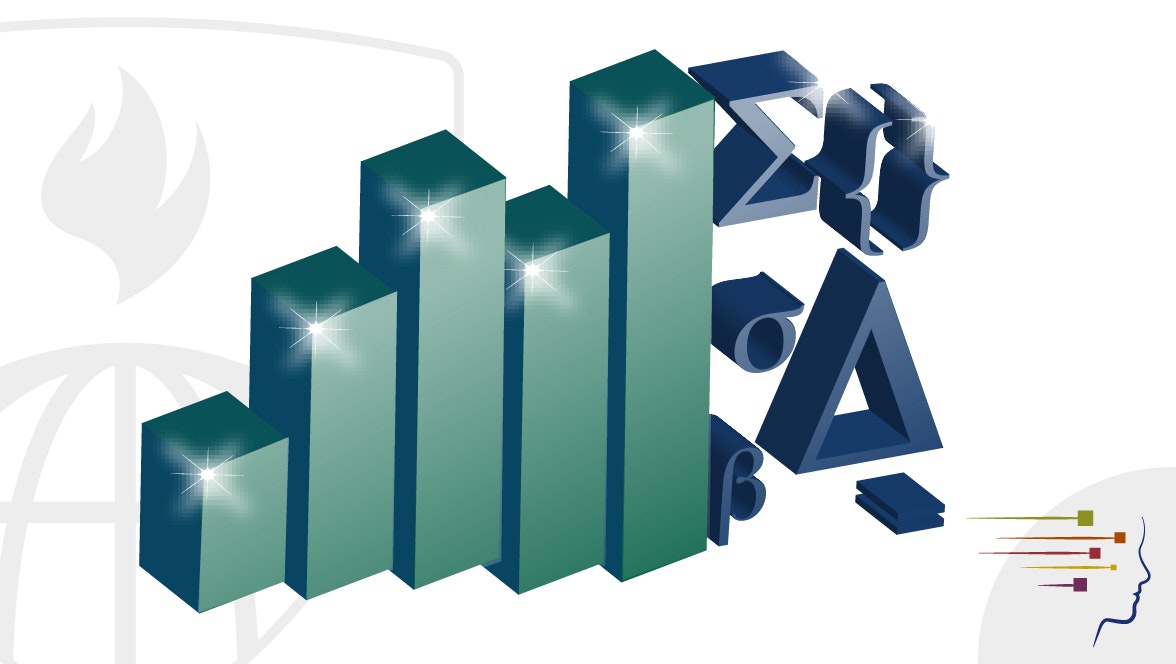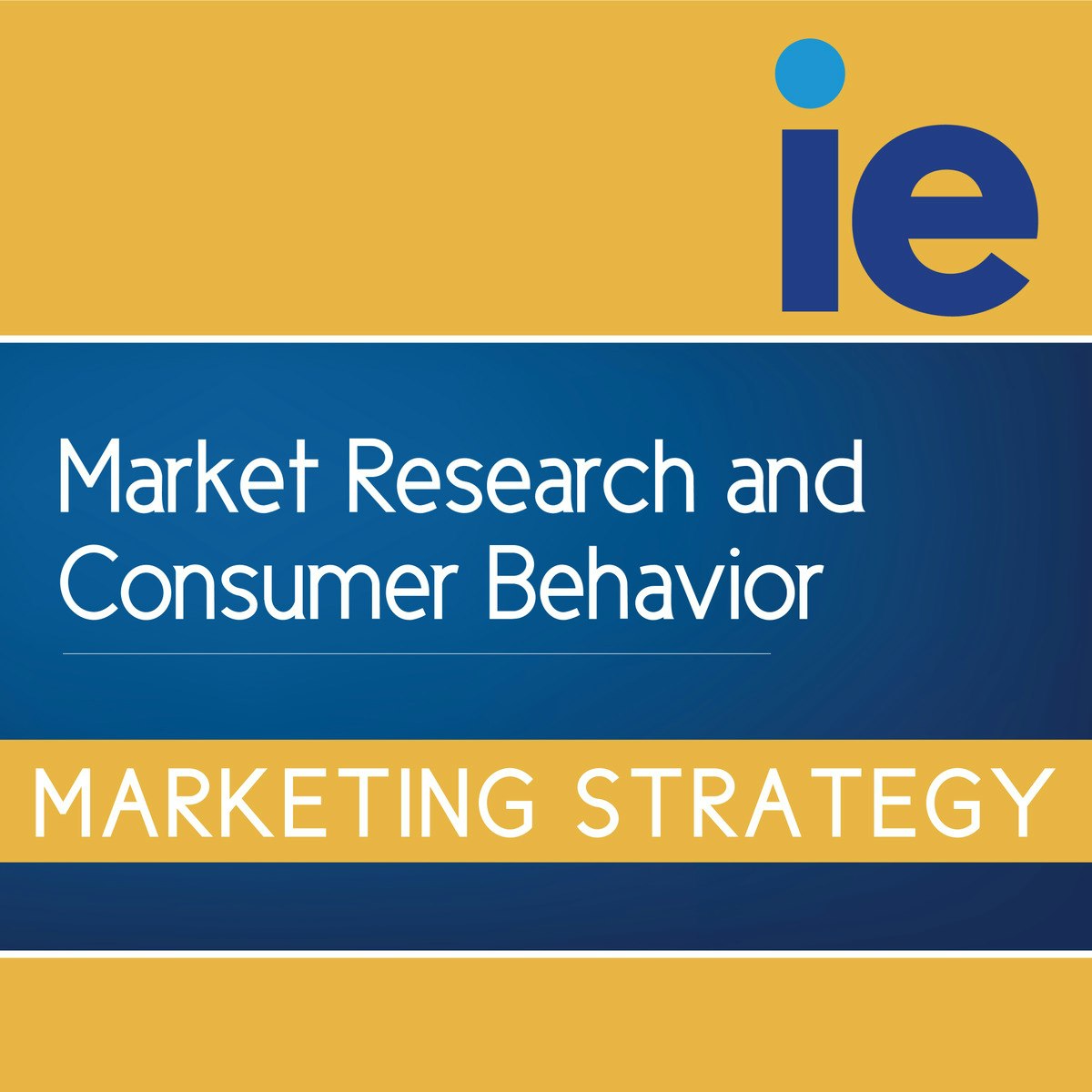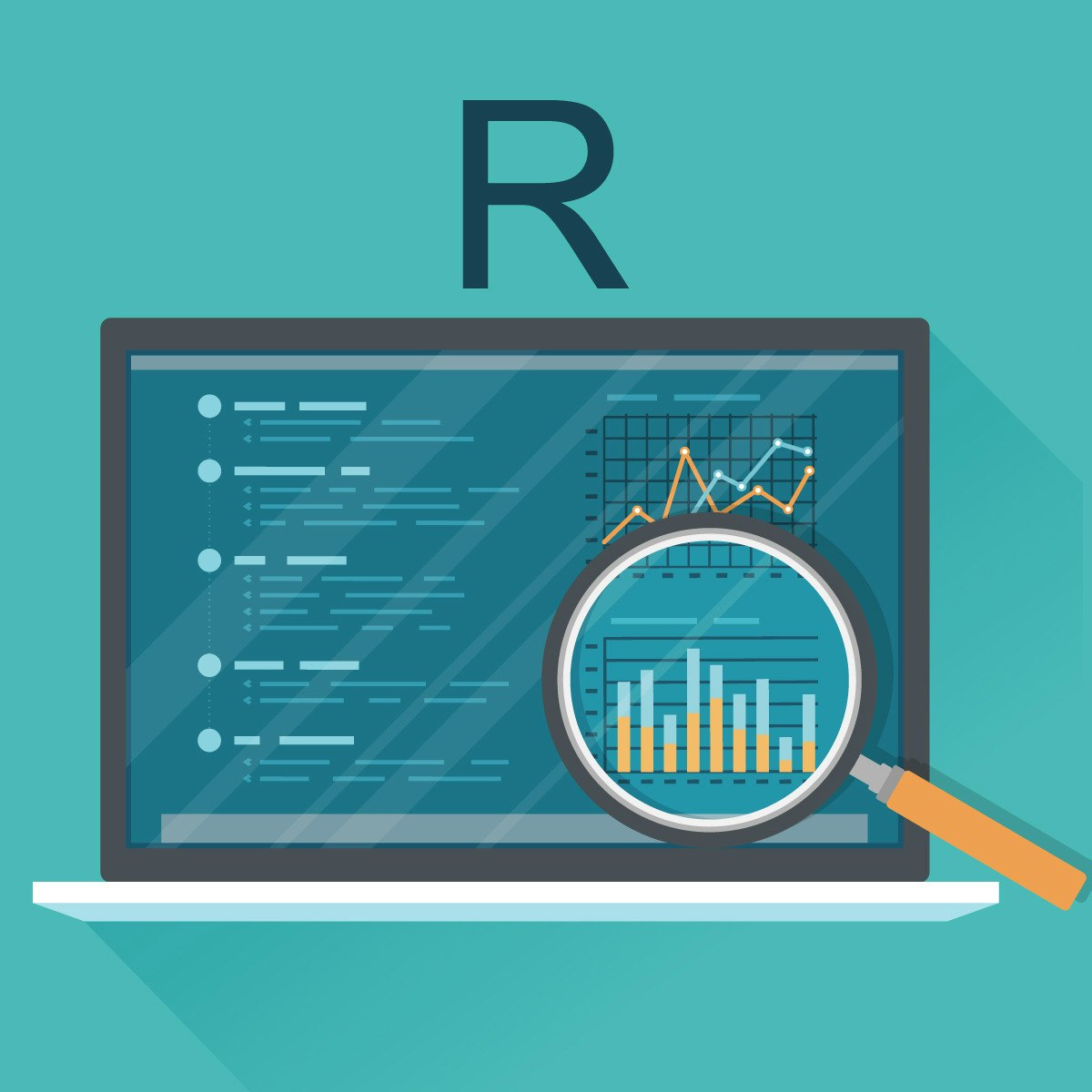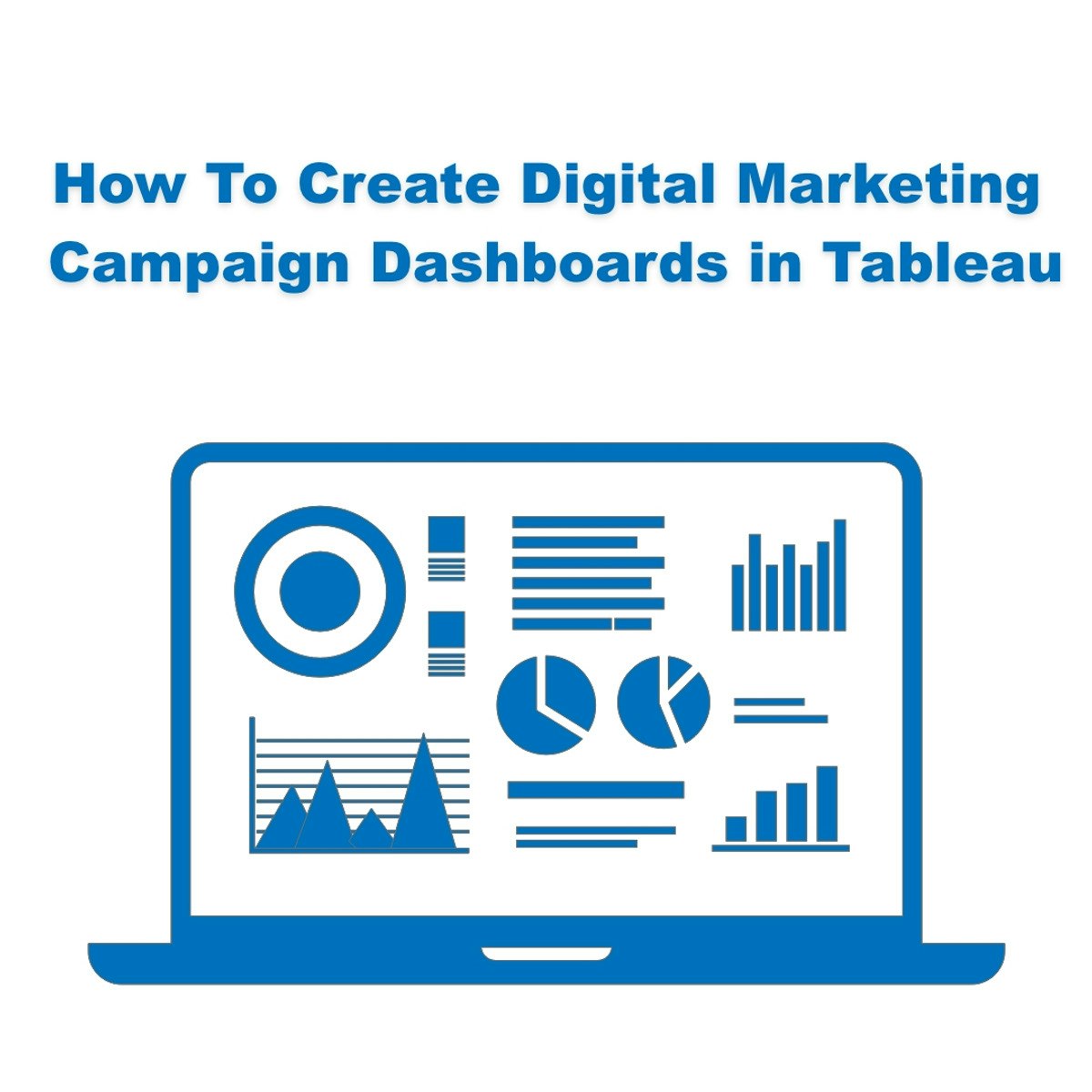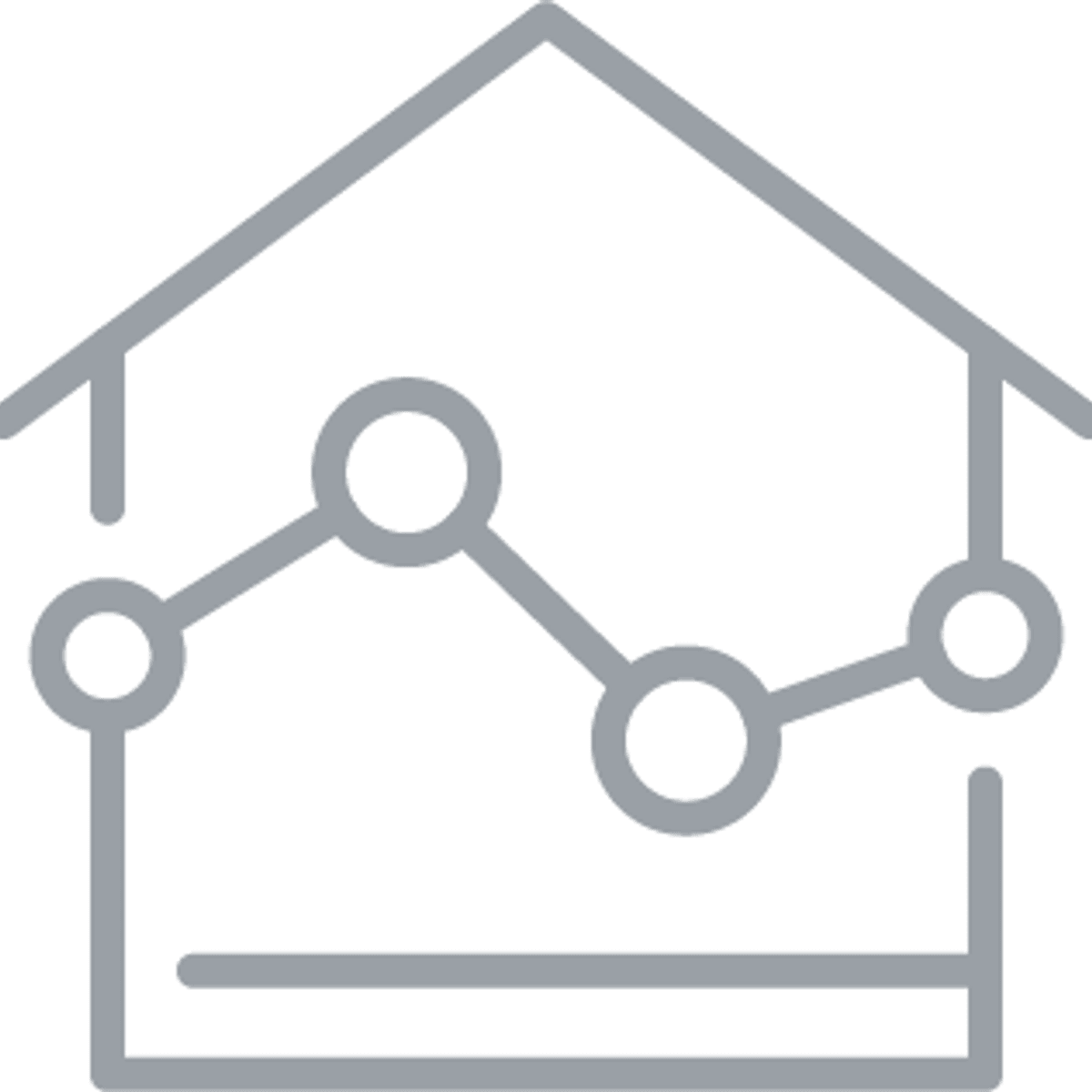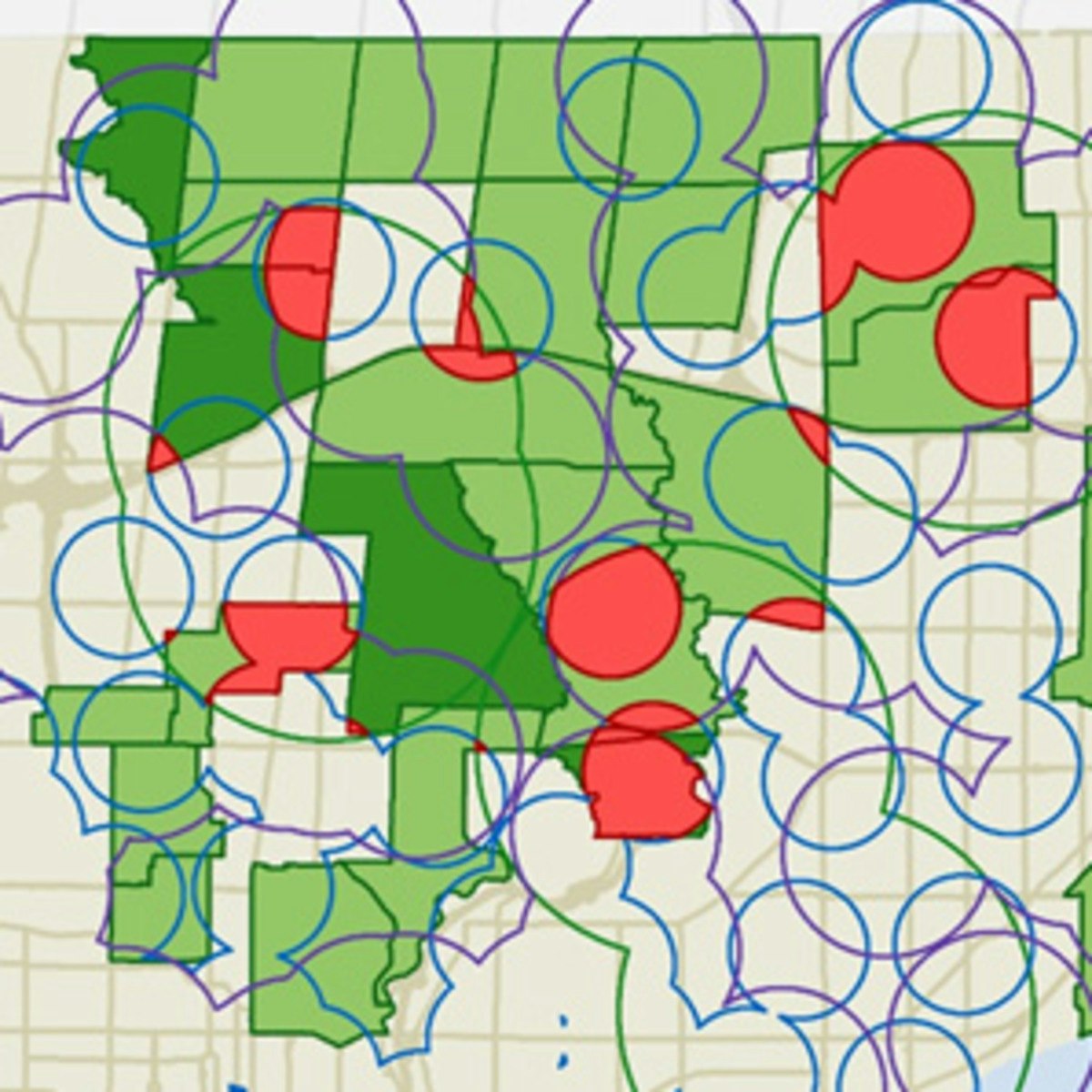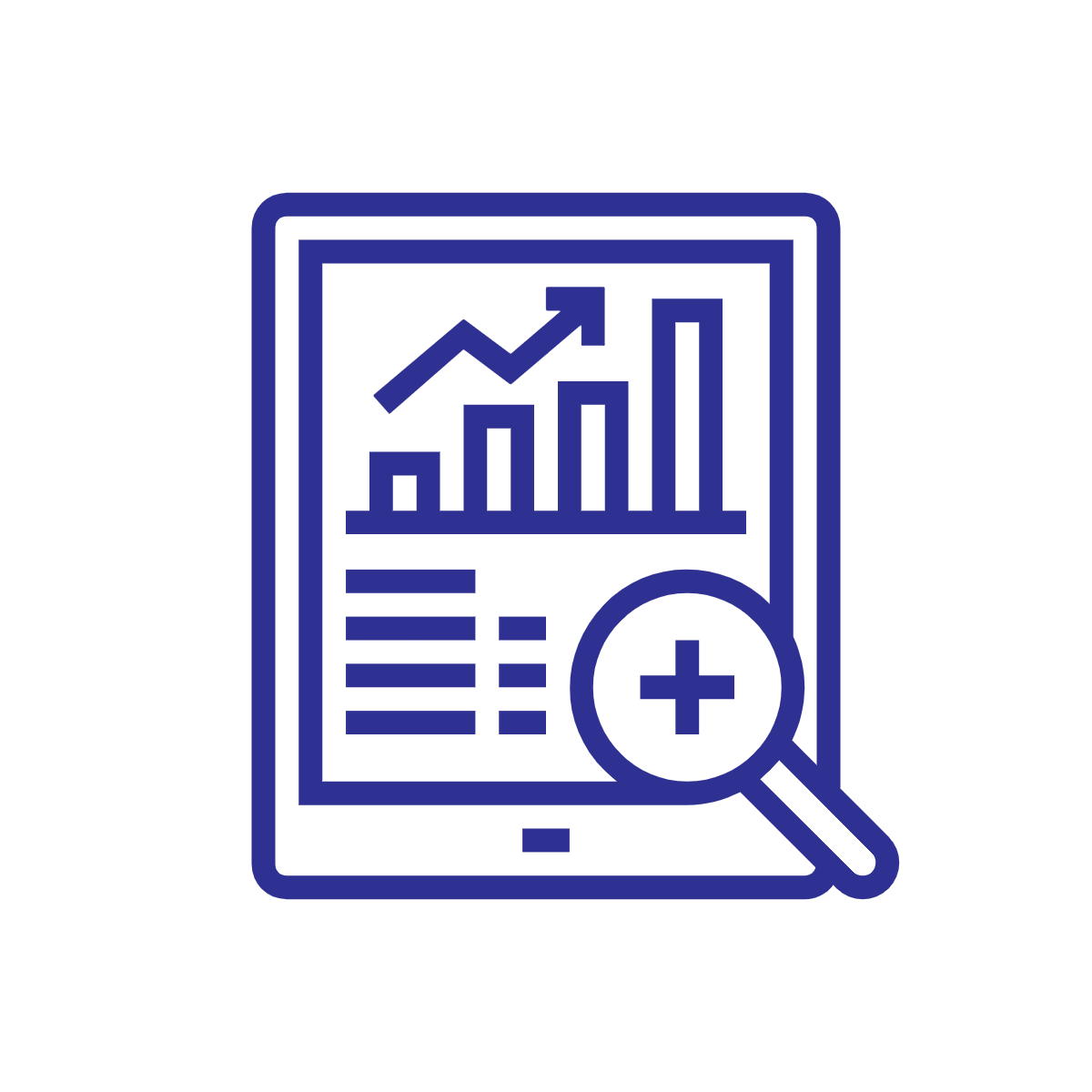Market Researcher
A Career Guide to Market Research
Market Researchers are the investigators of the business world. They delve into consumer behavior, market trends, and competitive landscapes to unearth insights that guide strategic decisions. At its core, market research involves gathering, analyzing, and interpreting data about a market, product, or service to understand customer needs and preferences, assess market viability, and measure the effectiveness of marketing efforts. This information is vital for businesses aiming to launch new products, enter new markets, or refine their existing strategies.
Working as a Market Researcher can be intellectually stimulating. You might find excitement in uncovering hidden patterns within data, translating complex findings into clear, actionable recommendations for stakeholders, or designing studies that probe the 'why' behind consumer choices. The role often involves a blend of analytical rigor and creative problem-solving, making it appealing to those who enjoy both quantitative challenges and understanding human psychology.
What is a Market Researcher?
Understanding the role of a Market Researcher begins with grasping the fundamental purpose of market research itself: to reduce uncertainty in business decision-making. These professionals employ a variety of methods to collect information directly from consumers or analyze existing market data. Their ultimate goal is to provide businesses with a clearer picture of their target audience, the competitive environment, and potential opportunities or threats.
This involves defining research objectives, choosing appropriate methodologies, collecting data through surveys, interviews, focus groups, or secondary sources, analyzing the collected information using statistical tools and qualitative techniques, and finally, presenting the findings in a way that non-experts can understand and act upon. They bridge the gap between raw data and strategic action.
Defining the Scope and Objectives
A Market Researcher acts as a crucial link between a company and its market. They design studies to answer specific business questions, such as identifying target demographics for a new product, understanding brand perception, gauging customer satisfaction, or assessing the potential success of an advertising campaign. They work closely with marketing, product development, and leadership teams to define the scope of research projects.
The objectives are diverse, ranging from exploring broad market trends to evaluating specific marketing messages. Researchers must possess a keen understanding of business goals to formulate relevant research questions and design studies that yield meaningful answers. Their work informs critical decisions across the organization, influencing everything from product features to pricing strategies.
Market research encompasses a wide range of activities and requires a blend of analytical and interpersonal skills. It's about more than just numbers; it's about understanding the stories those numbers tell and the human behaviors they represent. This pursuit of understanding makes the field dynamic and constantly evolving.
Where Market Researchers Thrive: Industries and Sectors
Market researchers are employed across nearly every industry. Consumer goods companies rely heavily on researchers to understand purchasing habits and test new products. Technology firms use market research to gauge demand for innovations and refine user experiences. Healthcare organizations research patient satisfaction and physician needs, while financial institutions study investment trends and customer banking preferences.
Consulting firms often employ market researchers to provide expert insights to clients across various sectors. Advertising agencies use research to test campaign effectiveness and understand target audiences. Government agencies and non-profits also utilize market research principles for policy development and program evaluation. Essentially, any organization that needs to understand its audience or market landscape can benefit from the skills of a market researcher.
The versatility of the role means researchers can often specialize in a particular industry, developing deep domain expertise over time. Alternatively, working in a consultancy or agency setting allows exposure to a diverse range of sectors and challenges. This adaptability makes it an appealing career for those curious about different facets of the business world.
Qualitative vs. Quantitative Research Approaches
Market research typically falls into two broad categories: quantitative and qualitative. Quantitative research focuses on numerical data and statistical analysis to measure market size, identify trends, and test hypotheses. Methods include large-scale surveys, analysis of sales data, and website analytics. Researchers specializing in this area need strong statistical and data analysis skills.
These courses provide foundational knowledge in statistical methods crucial for quantitative analysis.
Qualitative research, conversely, explores opinions, motivations, and underlying reasons behind consumer behavior. It uses methods like in-depth interviews, focus groups, and observational studies to gather rich, descriptive insights. Qualitative researchers often possess strong interpersonal, interpretive, and communication skills to uncover nuanced perspectives.
Many market researchers utilize a mix of both approaches, recognizing that quantitative data provides scale and statistical validity, while qualitative data offers depth and context. Understanding the strengths and limitations of each approach is key to designing effective research strategies and delivering comprehensive insights.
Roles and Responsibilities
The day-to-day life of a Market Researcher involves a cycle of planning, execution, analysis, and reporting. They translate business objectives into research plans, manage data collection processes, scrutinize the findings, and craft compelling narratives to communicate results and recommendations to stakeholders.
A Day in the Life: Core Tasks
A typical day might involve designing survey questions, programming online surveys, or developing discussion guides for focus groups. Researchers spend significant time analyzing data, which could involve running statistical tests in software like SPSS or R, coding qualitative interview transcripts, or creating visualizations in tools like Tableau or Power BI.
Report writing is a major component, requiring the ability to synthesize complex information into clear, concise, and actionable insights. Presentations to clients or internal teams are common, demanding strong communication and storytelling skills. Collaboration with colleagues, managing project timelines, and staying updated on industry trends also fill their schedules.
Understanding survey design and analysis is fundamental to many market research roles.
Collaboration Across Teams
Market Researchers rarely work in isolation. They collaborate extensively with various departments. They partner with marketing teams to measure campaign effectiveness and define target audiences. They work with product development teams to test concepts, gather feedback on prototypes, and understand unmet customer needs.
Interaction with sales teams can provide valuable front-line insights and help validate research findings. Researchers might also collaborate with data science teams on more complex analytical tasks or work with senior leadership to inform high-level strategy. Effective communication and the ability to build relationships across different functions are essential.
This cross-functional nature means researchers gain a holistic view of the business and its challenges. They act as the voice of the customer within the organization, ensuring that market realities inform strategic planning and execution. This collaborative aspect can be highly rewarding for those who enjoy teamwork.
Areas of Specialization
While some market researchers are generalists, many develop expertise in specific areas. One common specialization is Consumer Behavior, focusing on understanding the psychological and sociological factors influencing purchasing decisions. This often involves qualitative methods and drawing insights from fields like psychology and sociology.
These courses delve into the fascinating world of why consumers make the choices they do.
Another key area is Competitive Analysis, where researchers track competitors' activities, market share, strategies, and customer perceptions to identify threats and opportunities. This often involves analyzing secondary data sources, monitoring industry news, and sometimes conducting primary research about competitors.
Other specializations include brand research, product testing, advertising effectiveness, user experience (UX) research (which often overlaps with the UX Researcher role), pricing research, and industry-specific research (e.g., healthcare, technology, finance). Choosing a specialization allows researchers to deepen their knowledge and skills in a particular domain.
Key Skills for Market Researchers
Success in market research hinges on a unique combination of analytical prowess, communication finesse, and technical aptitude. Aspiring researchers should focus on developing a well-rounded skill set to effectively navigate the complexities of the role.
Analytical and Critical Thinking
At its heart, market research is about making sense of data. Strong analytical skills are paramount. This includes statistical literacy – understanding concepts like sampling, significance testing, correlation, and regression. Researchers need to choose appropriate analytical techniques, interpret the results correctly, and identify meaningful patterns or anomalies.
Critical thinking is equally important. Researchers must evaluate the quality and limitations of data, question assumptions, and avoid biases in their analysis and interpretation. They need to look beyond the surface-level findings to uncover deeper insights and formulate sound conclusions based on evidence.
Developing strong foundational statistical knowledge is key for analytical roles.
These books offer comprehensive coverage of statistical learning methods often used in market research.
Communication and Presentation Skills
Gathering insights is only half the battle; communicating them effectively is crucial. Market researchers must translate complex data and statistical findings into clear, concise, and compelling stories that resonate with non-technical audiences, including senior management.
This involves strong writing skills for reports and summaries, as well as excellent presentation skills for delivering findings verbally. Data visualization is a key component of this, using charts, graphs, and dashboards to make data understandable and impactful. The ability to tailor communication style to different audiences is essential.
Researchers need to present not just *what* the data says, but *so what* – the implications and actionable recommendations stemming from the findings. Persuasion and influence are often needed to ensure research insights lead to tangible business actions.
Technical Proficiency
Modern market research relies heavily on technology. Proficiency with spreadsheet software like Microsoft Excel or Google Sheets for data manipulation and basic analysis is fundamental. Familiarity with statistical software packages such as SPSS, R, or Python is often required, especially for quantitative roles.
These courses cover essential spreadsheet and statistical software skills.
Experience with data visualization tools like Tableau or Power BI is increasingly valuable for creating insightful dashboards and reports. Knowledge of survey platforms (e.g., SurveyMonkey, Qualtrics) and potentially Customer Relationship Management (CRM) systems or SQL databases for accessing customer data can also be advantageous.
While deep programming skills aren't always mandatory, a comfort level with various software tools used for data collection, analysis, and presentation significantly enhances a researcher's efficiency and capabilities.
Tools and Techniques
Market Researchers employ a diverse toolkit, combining established methodologies with modern software and emerging technologies to gather and analyze information effectively.
Essential Software and Platforms
Statistical software is central to quantitative analysis. SPSS remains popular in many organizations, while R and Python are increasingly used for more complex analyses and data manipulation, especially given their open-source nature and extensive libraries.
Data visualization software like Tableau, Power BI, or Qlik Sense helps transform raw data into interactive dashboards and compelling visuals. For survey creation and distribution, platforms like SurveyMonkey, Qualtrics, or Google Forms are commonly used.
These courses provide hands-on experience with popular data visualization and survey tools.
Database querying languages like SQL are often necessary for extracting data from company databases. Proficiency in Microsoft Excel remains a fundamental requirement for data cleaning, basic analysis, and charting.
Common Data Collection Methods
Surveys, both online and offline, are a staple for gathering quantitative data from large samples. Qualitative insights are often gathered through focus groups (small group discussions led by a moderator) and in-depth interviews (one-on-one conversations).
Observational research involves watching consumers in natural settings (e.g., in stores, using a product at home) to understand behavior directly. Experimental methods, like A/B testing, are used to compare different versions of a product, website feature, or marketing message to see which performs better.
Secondary research involves analyzing existing data from sources like industry reports, government statistics (such as the U.S. Bureau of Labor Statistics), academic studies, and company records. Choosing the right method depends on the research question, budget, timeline, and desired type of insight.
These courses cover research methodologies and experimental design.
Emerging Technologies in Research
The field is constantly evolving with new technologies. Artificial Intelligence (AI) and machine learning are increasingly used for tasks like analyzing large volumes of text data (e.g., customer reviews, social media comments) through sentiment analysis and topic modeling.
Big data analytics allows researchers to process and find patterns in massive datasets previously impossible to handle. Mobile research methods leverage smartphones for in-the-moment surveys and data collection. Biometric research (e.g., eye-tracking, facial expression analysis) offers ways to measure subconscious reactions to stimuli.
Staying abreast of these technological advancements is important for market researchers looking to enhance their capabilities and efficiency. These tools can automate certain tasks, uncover deeper insights, and enable new forms of data collection and analysis.
Formal Education Pathways
While practical skills are crucial, a solid educational foundation is typically expected for market research roles. Various academic disciplines provide relevant knowledge and training.
Relevant Academic Degrees
A bachelor's degree is generally the minimum requirement. Common fields of study include Marketing, Business Administration, Statistics, Economics, Psychology, and Sociology. Each offers a unique perspective: marketing and business degrees provide context, statistics degrees build analytical rigor, economics degrees develop modeling skills, and psychology/sociology degrees offer insights into human behavior and societal trends.
For more advanced or specialized roles, particularly those involving complex quantitative analysis or research design leadership, a master's degree or even a PhD can be advantageous. Master's programs specifically in Market Research (MMR) exist, as do advanced degrees in related fields like Data Science, Statistics, or Business Analytics (MBA with a marketing/analytics concentration).
Key Coursework and Concepts
Regardless of the specific degree, coursework in statistics is fundamental. Understanding probability, hypothesis testing, regression analysis, and experimental design is critical. Courses in consumer behavior or social psychology provide valuable frameworks for understanding market dynamics.
These courses cover essential statistical and mathematical concepts.
Marketing principles courses offer context on how research fits into broader business strategy. Research methods courses teach the fundamentals of designing studies, collecting data, and ensuring validity and reliability. Increasingly, courses in data visualization and database management are also highly relevant.
Ethics is another crucial area. Understanding ethical considerations in data collection, ensuring participant privacy, and maintaining objectivity in reporting are vital components of responsible research practice, often covered in dedicated research ethics modules.
Value of Internships and Projects
Practical experience is invaluable. Internships provide real-world exposure to the market research process, allowing students to apply classroom knowledge, learn industry tools, and build professional networks. Look for opportunities with market research agencies, consulting firms, or within the marketing/insights departments of larger companies.
Capstone projects, often part of degree programs, allow students to conduct an end-to-end research project, from defining objectives to presenting findings. These projects serve as excellent portfolio pieces, demonstrating practical skills to potential employers. Engaging in independent projects, even analyzing publicly available datasets, can also showcase initiative and analytical ability.
Completing a capstone project can demonstrate practical application of learned skills.
Online Learning and Skill Development
For those seeking to enter the field, transition careers, or upskill, online learning offers flexible and accessible pathways to acquire necessary competencies. The abundance of resources allows for self-directed skill development outside traditional academic settings.
Building Core Competencies Remotely
Online courses are highly suitable for building foundational and advanced skills in market research. Platforms like OpenCourser aggregate offerings from various providers, covering topics from basic statistics and survey design to advanced data analysis techniques and specific software tools like Excel, SQL, Python, R, Tableau, and SPSS.
Learners can acquire theoretical knowledge and practical skills through video lectures, readings, quizzes, and hands-on projects often included in these courses. This format allows individuals to learn at their own pace and focus on specific skill gaps relevant to their career goals. Many courses offer certificates upon completion, which can be added to resumes and professional profiles.
These courses offer comprehensive introductions to data analysis and visualization, key skills for market researchers.
The OpenCourser Learner's Guide provides valuable tips on structuring self-learning paths and maximizing the benefits of online education for career development.
Portfolio Development Through Projects
Demonstrating practical application is key when relying on online learning. Building a portfolio of projects is essential. Many online courses, especially project-based ones or capstone courses within specializations, provide opportunities to work with real or realistic datasets and solve business problems.
Learners can also undertake independent projects. Find publicly available datasets (e.g., from government sources, Kaggle, or data repositories), define a research question, perform analysis, visualize the findings, and write up a report or create a dashboard. Documenting these projects clearly, perhaps on a personal website, blog, or GitHub repository, showcases skills and initiative to potential employers.
Consider combining skills learned across multiple courses to tackle a more complex project. For example, use SQL to extract data, Python or R for analysis, and Tableau for visualization. This demonstrates an ability to manage a complete analytics workflow.
These courses involve hands-on projects, ideal for portfolio building.
Certifications for Skill Validation
While formal degrees are common, professional certifications can validate skills acquired through online learning or on-the-job experience. Several organizations offer certifications related to data analysis, specific software tools (like Tableau or Google Analytics), or broader marketing principles.
Certifications like the Google Data Analytics Professional Certificate or specialized certificates in tools like SAS or specific data science areas can bolster a resume. While not always a strict requirement, they signal a commitment to learning and a standardized level of proficiency in certain skills, which can be particularly helpful for career changers or those without extensive formal education in the field.
Research certifications relevant to the specific types of market research roles you are interested in. Consider the reputation of the issuing body and whether the skills covered align with industry demands.
This comprehensive book guides aspiring data scientists, many principles of which apply to market research.
Career Progression for Market Researchers
The career path for a Market Researcher typically offers opportunities for growth in responsibility, specialization, and leadership. Advancement often depends on accumulating experience, developing advanced analytical and communication skills, and demonstrating strategic impact.
Entry-Level Roles
Graduates often start in roles like Research Assistant, Junior Analyst, or Data Analyst. In these positions, tasks might include assisting with survey programming, data cleaning, basic analysis, chart creation, and report drafting under the supervision of senior researchers.
These roles provide foundational experience in the research process and exposure to various methodologies and tools. Entry-level salaries vary by location, industry, and company size, but typically reflect the starting point for analytical professional roles. According to the U.S. Bureau of Labor Statistics, the median annual wage for market research analysts was $74,680 in May 2023, though entry-level positions would typically start lower.
Focus during this stage is on mastering core technical skills, understanding research fundamentals, and learning effective communication within a business context. Building a strong work ethic and demonstrating attention to detail are crucial for advancement.
Mid-Career Advancement
With several years of experience, researchers can progress to roles like Market Researcher, Research Analyst, Senior Analyst, or Project Manager. Responsibilities expand to include designing research studies, managing projects end-to-end, conducting more complex analyses, interpreting findings independently, and presenting results to clients or senior stakeholders.
At this stage, specialization often occurs, focusing on specific industries (e.g., tech, healthcare), methodologies (e.g., qualitative expert, quantitative modeler), or research areas (e.g., brand tracking, new product development). Some may move into consultancy roles, advising multiple clients on research strategies.
Mid-career professionals typically command higher salaries and may take on mentorship responsibilities for junior team members. Strong project management, client relationship skills (if applicable), and the ability to translate research into strategic recommendations become increasingly important.
Leadership and Senior Roles
Experienced market researchers can advance to leadership positions such as Research Manager, Director of Insights, Head of Market Research, or VP of Marketing Intelligence. These roles involve managing research teams, setting the research agenda for the organization, overseeing budgets, and influencing high-level business strategy based on market insights.
At this level, the focus shifts from conducting research hands-on to strategic leadership, team development, and integrating insights across the organization. Strong business acumen, leadership skills, and the ability to communicate the value of research to the C-suite are essential. Some senior researchers may become independent consultants or start their own research firms.
Salaries at the leadership level can be substantial, reflecting the strategic importance of the role. The path often requires a blend of deep research expertise, strong management capabilities, and a proven track record of driving business impact through insights.
Industry Trends Impacting Market Researchers
The field of market research is dynamic, influenced by technological advancements, evolving consumer behavior, and changing business needs. Staying aware of these trends is crucial for career longevity and effectiveness.
The Rise of AI and Automation
Artificial intelligence (AI) and automation are significantly impacting how market research is conducted. AI tools can automate aspects of data collection (e.g., chatbots for surveys), data processing (cleaning and structuring large datasets), and even initial analysis (e.g., sentiment analysis of text data, identifying patterns in quantitative data).
While this automates some routine tasks, it also elevates the need for researchers to focus on higher-level skills: strategic thinking, complex problem-solving, interpreting nuanced findings, ethical considerations, and storytelling. Researchers need to understand how to leverage AI tools effectively rather than being replaced by them.
The ability to work alongside AI, validate its outputs, and integrate AI-driven insights into broader strategic narratives will become increasingly important. Familiarity with AI concepts and tools is becoming a valuable asset.
Ethical Data Use and Privacy Concerns
Growing awareness and regulation around data privacy (e.g., GDPR in Europe, CCPA in California) place significant ethical responsibilities on market researchers. Ensuring data is collected consensually, stored securely, anonymized appropriately, and used responsibly is paramount.
Researchers must be knowledgeable about relevant regulations and adhere to strict ethical guidelines set by professional organizations. Transparency with participants about how their data will be used is crucial for building trust. Balancing the desire for deep customer insights with the imperative to protect individual privacy is a key challenge.
This focus on ethics requires researchers to be diligent in their practices and continuously educate themselves on evolving standards and regulations. Failure to do so can result in legal penalties and damage to brand reputation.
Demand for Real-Time Insights
The pace of business is accelerating, leading to increased demand for faster, real-time insights. Organizations want to make quicker decisions based on up-to-the-minute market feedback and data. This trend favors researchers skilled in agile methodologies, continuous data monitoring (e.g., social listening, dashboard analytics), and rapid reporting.
Tools that provide real-time analytics dashboards are becoming more prevalent. Researchers need skills not only in setting up and managing these tools but also in quickly interpreting the incoming data streams and communicating timely insights to decision-makers.
While in-depth strategic research projects remain vital, the ability to supplement these with faster, more frequent pulses on the market is becoming a competitive advantage for insights teams and the researchers within them.
Challenges and Ethical Considerations
While rewarding, a career in market research is not without its challenges and ethical complexities. Navigating these requires integrity, critical thinking, and a commitment to best practices.
Balancing Client Needs and Data Integrity
Researchers often face pressure, explicit or implicit, to deliver findings that support a pre-existing belief or desired outcome by clients or internal stakeholders. Maintaining objectivity and reporting findings accurately, even when they are unfavorable or unexpected, is a core ethical responsibility.
This requires researchers to design unbiased studies, analyze data rigorously, and present results transparently, including any limitations of the research. It sometimes involves managing stakeholder expectations and defending the integrity of the research process against potential biases.
Upholding data integrity builds long-term credibility and ensures that business decisions are based on sound evidence, even if it means challenging assumptions or delivering difficult news.
Navigating Privacy Regulations
As mentioned earlier, adhering to data privacy regulations like GDPR and CCPA is non-negotiable. This involves understanding the legal requirements for obtaining consent, handling personally identifiable information (PII), ensuring data security, and respecting participants' rights (e.g., the right to access or delete their data).
Researchers must design their studies and data management processes with privacy built-in ("privacy by design"). This includes anonymizing data where possible, using secure platforms for data collection and storage, and being transparent with participants about data usage. Staying informed about evolving regulations across different jurisdictions is crucial, especially for global research projects.
Ethical data handling is not just a legal requirement but also essential for maintaining public trust in the research profession.
Mitigating Bias in Research
Bias can creep into the research process at multiple stages. Sampling bias occurs if the sample isn't representative of the target population. Question wording bias can influence survey responses. Confirmation bias can affect how researchers interpret data, leading them to favor findings that align with their own beliefs.
Researchers must be vigilant in identifying and mitigating potential sources of bias. This involves careful sample design, neutral question wording, rigorous analytical techniques, and self-awareness regarding personal biases. Peer review and critical examination of research designs and findings can also help uncover and address potential biases.
Striving for objectivity and acknowledging potential limitations due to unavoidable biases are key aspects of conducting credible and ethical research.
Frequently Asked Questions
Can I become a market researcher without a business degree?
Yes, absolutely. While business and marketing degrees are common, backgrounds in statistics, economics, psychology, sociology, data science, communications, and even humanities can provide relevant skills. Strong analytical abilities, critical thinking, communication skills, and a curiosity about human behavior are often more important than the specific degree title. Complementing a non-business degree with coursework or online learning in statistics, marketing principles, and research methods can strengthen your profile.
How does the role differ across industries?
The core skills remain similar, but the context and specific knowledge required can vary. A researcher in pharmaceuticals needs to understand healthcare regulations and patient/physician dynamics. A tech researcher might focus more on usability and adoption patterns. Consumer goods research often involves brand tracking and packaging tests. Financial services research might delve into investment behavior or risk tolerance. Specializing often means developing deep domain expertise relevant to that specific industry.
Is remote work common in this field?
Remote work has become increasingly common, particularly for roles focused on quantitative analysis, survey programming, data processing, and report writing. Many agencies and client-side companies offer remote or hybrid arrangements. However, roles involving qualitative research like conducting in-person focus groups or ethnographic studies may require more on-site presence or travel. The prevalence of remote options can vary significantly by company culture and specific job responsibilities.
What's the impact of AI on job prospects?
AI is changing the nature of the work, automating some routine tasks like basic data analysis and report generation. However, it's also creating demand for researchers who can leverage AI tools effectively, interpret complex AI-driven insights, ensure ethical AI use, and focus on strategic thinking and storytelling – areas where human judgment remains crucial. Rather than eliminating jobs, AI is likely shifting the required skill set towards more strategic, interpretive, and technically savvy roles. Job prospects remain positive, especially for those who adapt and integrate AI into their workflow, according to sources like the BLS Occupational Outlook Handbook which projects faster than average growth for market research analysts.
How can I transition from academia to corporate research?
Academic research skills (e.g., research design, statistical analysis, critical thinking, writing) are highly transferable. To transition, focus on highlighting these skills in business terms on your resume. Emphasize experience with relevant software (statistical packages, survey tools). Gain familiarity with business applications of research (e.g., marketing, product development). Networking with industry professionals, tailoring your resume to specific corporate roles, and potentially undertaking internships or short-term projects can facilitate the move. Frame your academic projects in terms of the problems solved and insights generated, emphasizing actionable outcomes.
Are there essential certifications for career advancement?
While no single certification is universally required, some can enhance your credentials. Certifications in specific software (e.g., Tableau Desktop Certified Professional, SAS certifications) or platforms (Google Analytics Individual Qualification) demonstrate technical proficiency. The Insights Association offers the Professional Researcher Certification (PRC). Data science or analytics certifications can also be valuable, especially for quantitative roles. Certifications are generally more supplementary than essential, with practical experience, demonstrated skills, and educational background often weighing more heavily, but they can be useful differentiators, particularly when changing careers or seeking specialized roles.
Embarking on a career as a Market Researcher offers a path filled with intellectual challenges, opportunities to influence important decisions, and the satisfaction of uncovering the 'why' behind market dynamics. It requires a blend of analytical skill, communication prowess, and persistent curiosity. Whether you are starting your journey or considering a pivot, the resources available through formal education and platforms like OpenCourser's marketing section can equip you with the knowledge and skills needed to succeed in this dynamic and impactful field.

